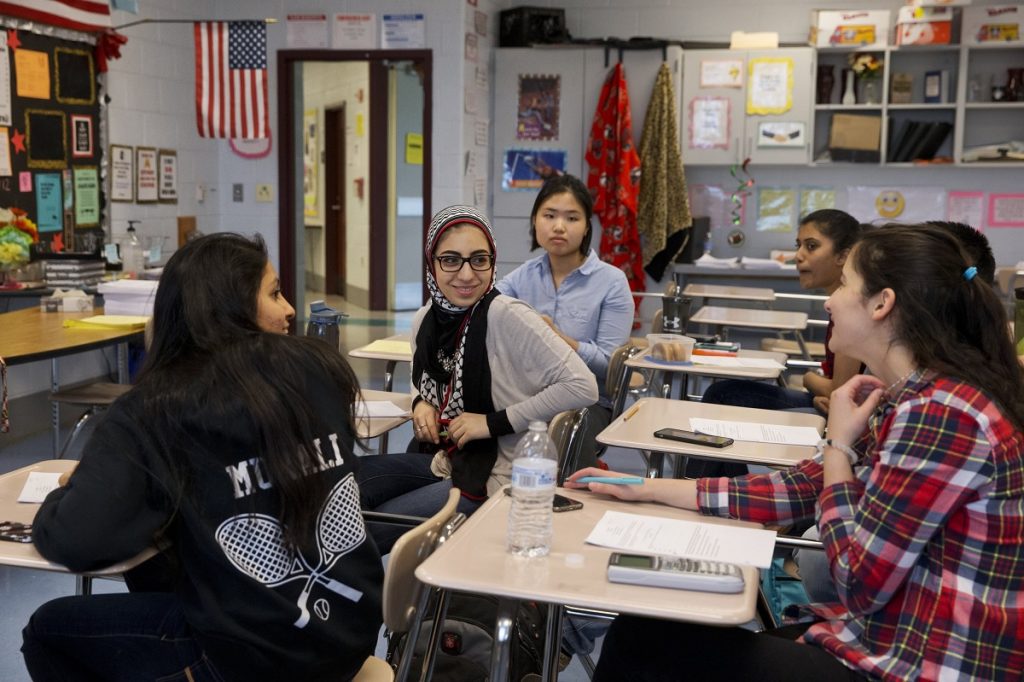Foreign students applying for an F-1 student visa must currently prove, during their personal interview, that they intend to return to their home country after completing their studies. This means that students only receive this visa if they have a clear reason to leave the United States.
The 2025 DIGNITY Act, introduced by Congresswomen María Elvira Salazar and Veronica Escobar along with a group of 20 members, proposes changing student visas to allow “dual intent.”
According to the proposed legislation, “Currently, student visas require the applicant to prove non-immigrant intent. This means that international students must state their intention to leave the United States upon finishing their studies and must provide evidence—such as property ownership in their home country—to prove they will return.”
Although most students plan to leave anyway, their visas can sometimes be denied if they fail to explicitly prove this intent. The proposed change would remove this barrier.
However, this does not alter the process for students wishing to remain in the U.S. after completing their studies. Any student who wants to stay after graduation must still qualify for a work visa or another valid visa based on merit.
STEM Fields (Science, Technology, Engineering, Mathematics)
The proposals also aim to clarify matters for PhD holders in STEM fields, recognized as individuals with exceptional abilities.
The Act specifies that PhD graduates in any of these areas will qualify for an O Visa—a temporary work visa granted to foreign nationals with “extraordinary ability in the sciences, arts, education, or athletics” or a proven record of exceptional achievement.
This also applies to those with PhDs in healthcare or medicine. It ensures that graduates in these high-demand fields in the United States can apply for an O Visa instead of being forced to return home immediately after graduation.
According to reports, other major proposals include imposing a tax on income earned by Optional Practical Training (OPT) students in the U.S. and offering a fast-track option for qualified individuals to bypass the green card waiting list by paying a $50,000 fee.

